Dealing with loneliness: 'Why is it so embarrassing to admit I feel lonely?'
A third of British women struggled with loneliness during lockdown - the pandemic has exacerbated a silent, underlying epidemic. Kate Wills investigates why young single women are silently suffering
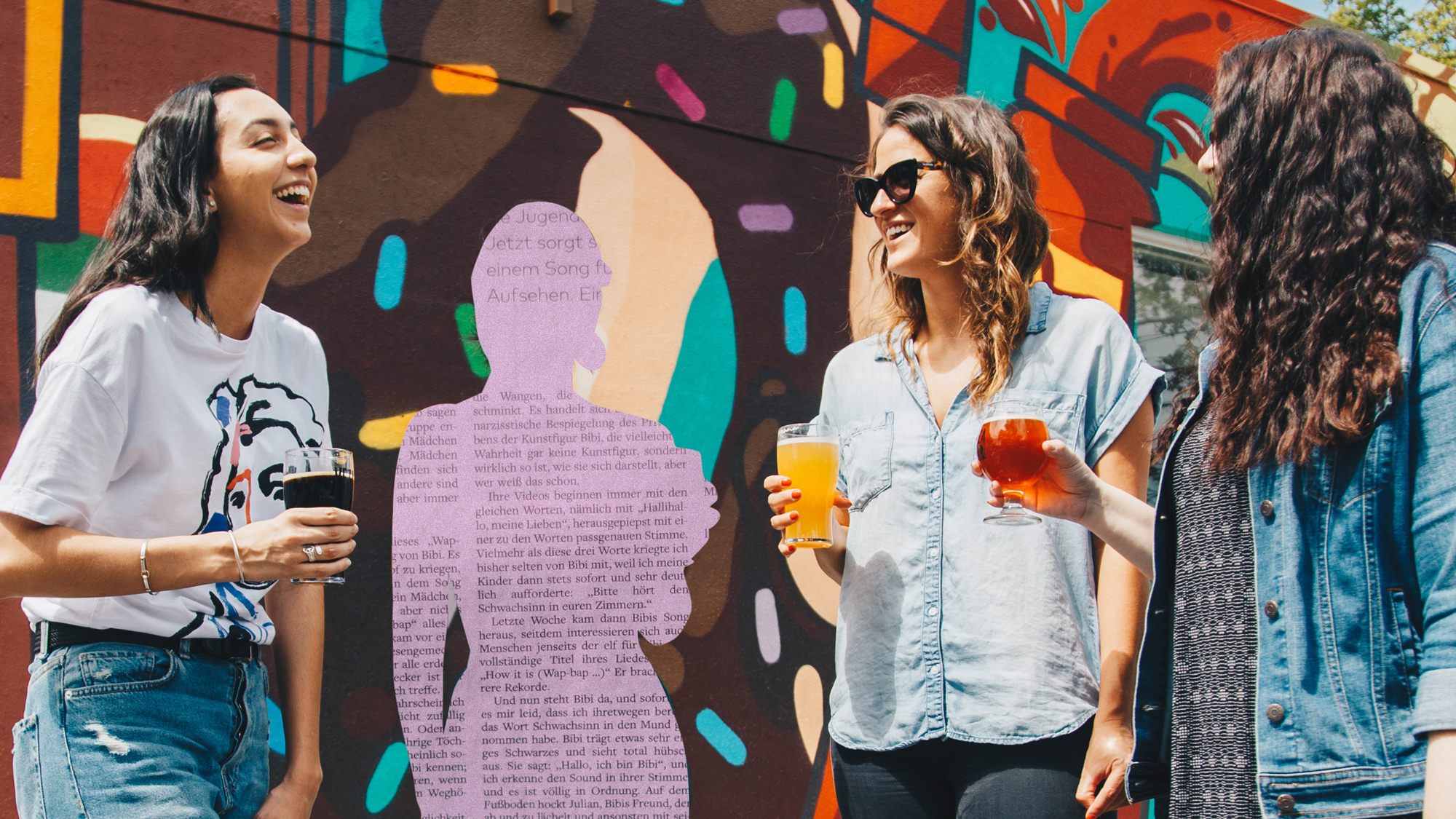
A third of British women struggled with loneliness during lockdown - the pandemic has exacerbated a silent, underlying epidemic. Kate Wills investigates why young single women are silently suffering
Dealing with loneliness can be difficult at the best of times, but after a year spent self-isolating and locked down, the UK is facing a loneliness epidemic.
A third of British women have admitted to struggling with loneliness during quarantine, and many are feeling re-entry anxiety, too. The pandemic has exacerbated a silent, underlying epidemic - and it isn't going anywhere anytime soon, despite lockdown restrictions easing.
This Loneliness Awareness Week, and following a year that, for some, has been lonelier than ever, we ask: why are young women silently suffering?
We've bought you guides to the best mental health apps, low grade depression and mindful movement. Next up: keep scrolling as Kate Wills investigates the loneliness epidemic, plus psychologist Michelle Lim and psychotherapist Hilda Burke provide some expert tips and tricks to help you navigate your way from loneliness to connection, too.
Dealing with loneliness: 'I first experienced the deep ache at 33'
"As someone who normally works from home, and secretly loves nothing better than a night of cancelled plans where I can sit on the sofa, I thought I'd deal with 'social distancing' just fine. 'This is in the bag!' I told myself smugly. But I found it deeply lonely.
I missed laughing with my friends, the reassurance of my sister, and the hugs from my niece and nephew. Yes, Zoom and HouseParty were great for a while, but there's something about IRL interaction that can't be recreated. I wonder about the effects on our mental health this extended period of self-isolation has brought.
Marie Claire Newsletter
Celebrity news, beauty, fashion advice, and fascinating features, delivered straight to your inbox!
It was when I was newly-single at 33 and working from home, that I first experienced the deep ache of loneliness. It wasn't a stomach-in-knots kind of anxiety, or a not-wanting-to-get-out of bed of depression. But it was desperate nevertheless.
Although we associate loneliness with the elderly in care-homes or bullied teenagers spending hours alone in their bedrooms with only the glow of their phones for company, loneliness is actually the biggest concern among millennials and self-isolation has only intensified the problem.
A study from the University of Greenwich found that 86% of 25 to 35 year-olds reported feeling lonely, and a further study in 2014 by the Mental Health Foundation found that 18-24-year-olds were four times as likely to feel lonely all the time as those aged 70 and above. And this was before the coronavirus crisis. We are Generation Lonely, and according to the ONS, young women are the loneliest of all.
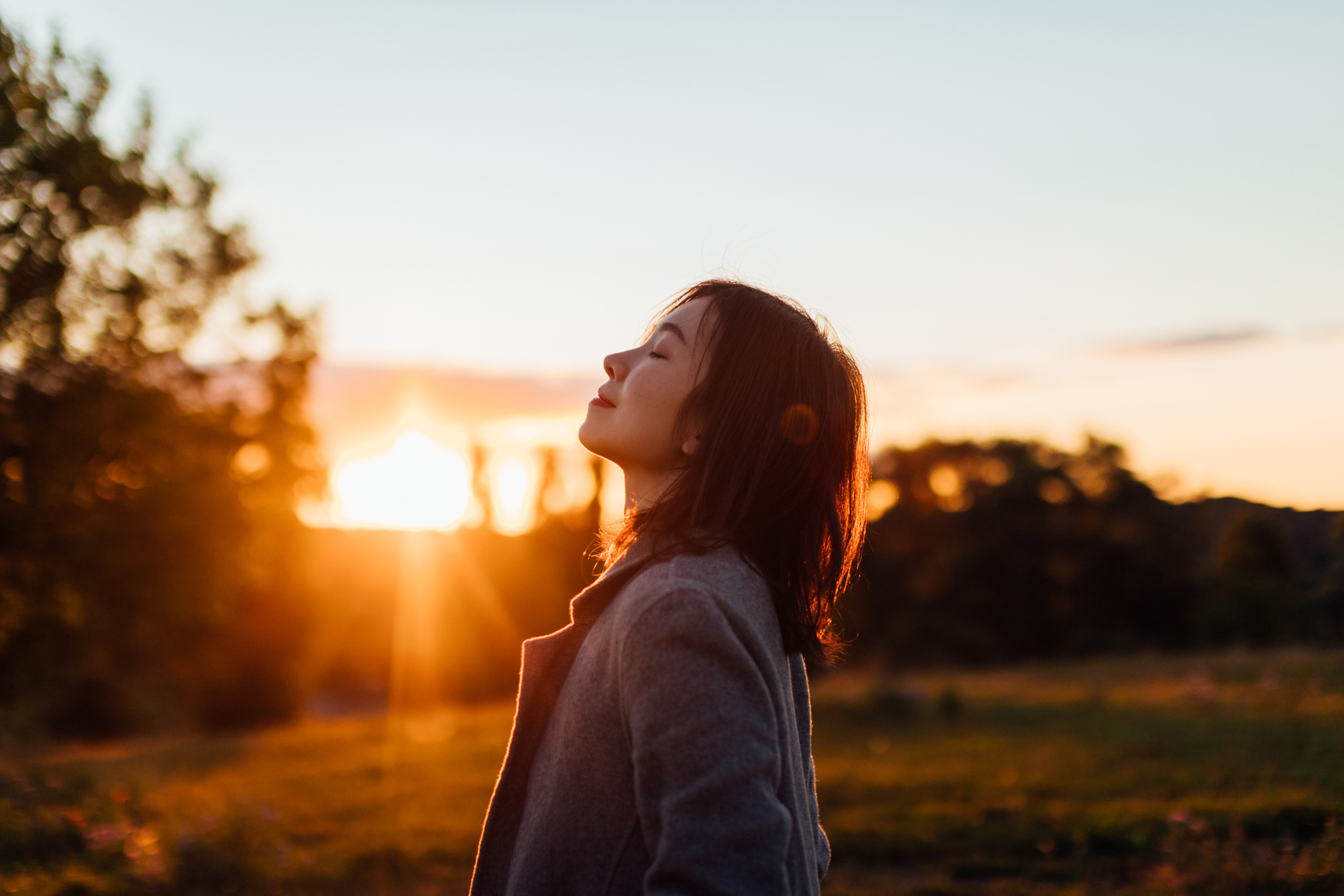
Aside from the shame of the L word (it basically feels like admitting you’re a friendless sad sack), being lonely is also really bad for your health. Brace yourself while I present the evidence. Loneliness, living alone and poor social connections are as bad for you as smoking 15 cigarettes a day and worse than obesity (Holt-Lunstad, 2010). Lonely people are more likely to suffer from dementia, heart disease and depression. (Valtorta et al, 2016) (James et al, 2011) (Cacioppo et al, 2006). Loneliness is likely to increase your risk of death by 29% (Holt-Lunstad, 2015). Good to know that loneliness doesn’t just feel terrible, it actually is terrible for you.
Various factors in modern life are thought to be to blame, from an increase in screen time, to a decline in community, church-going and sports clubs, along with a higher number of us choosing to be single and/or living alone. Struggling with your identity can also amplify loneliness, which is why it’s so common in the LGBTQIA+ community.
Research published by Cambridge University found that loneliness tends to peak at three key times in life – your late 20s, mid-50s and late 80s - spikes which coincide with particular challenges and stresses, such as moving jobs or city, getting divorced, and new motherhood.
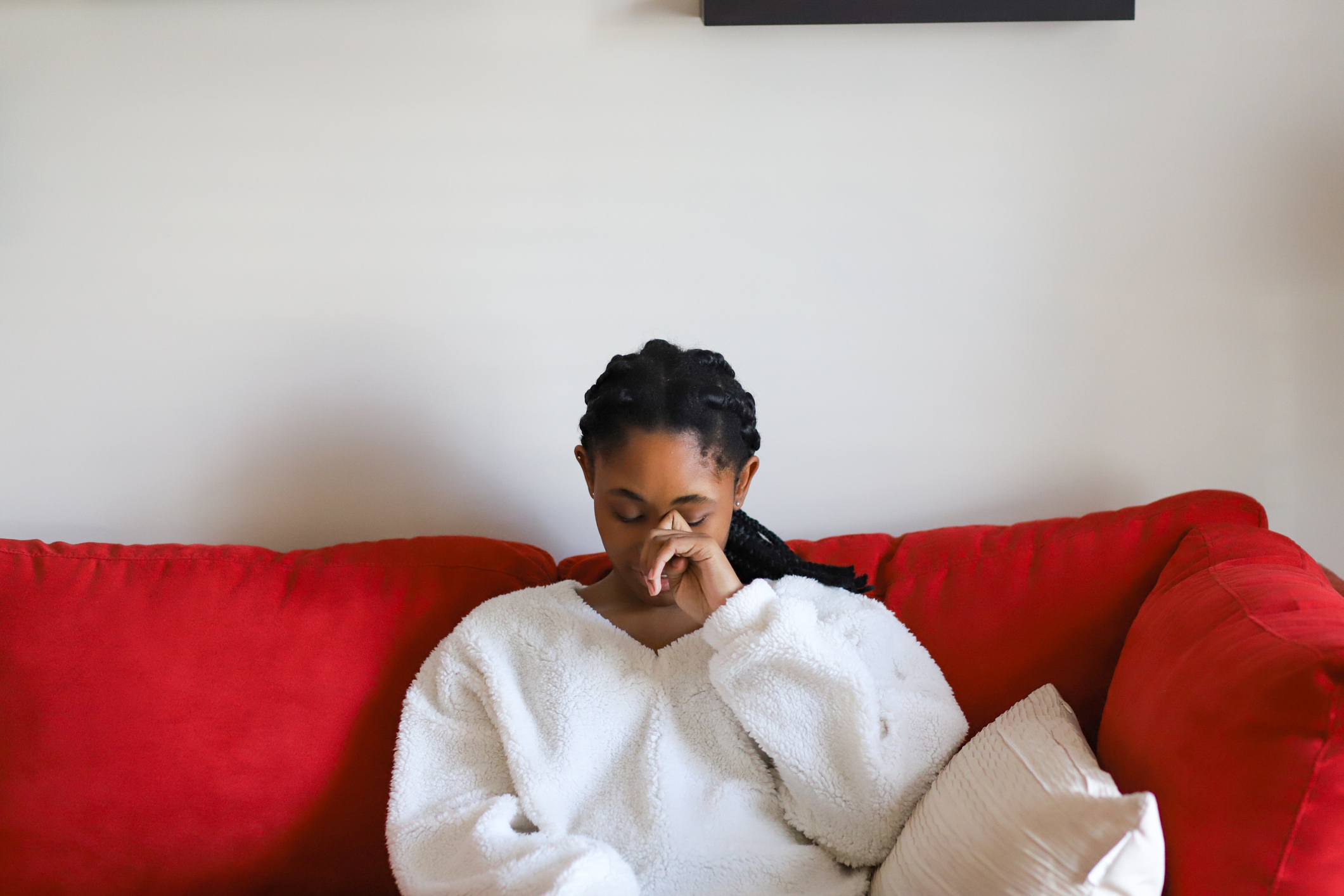
For Michelle Lloyd, 33, an HR manager who blogs at You Don’t Look Depressed, her loneliness was sparked by moving to London from Manchester. 'London can be one of the most lonely places if you don’t have a good bunch of people around you,' she says. 'Everyone is going about their lives and it’s very fast-moving. In the office, it's easy to have the same conversations with the same few people and never feel like you're connecting on a deeper level. It's all small talk. My whole day is like that and then I go home and that's it. It's lonely feeling like I don't really have real connections with people on a human level.'
Being lonely doesn’t always look like you think it does, either. Laura, 28, from Bristol, had her dream job in PR, four housemates and lots of friends, but says she still struggled with periods of loneliness. 'I would dread going home on a Friday night because I felt the whole weekend yawning ahead of me like an empty chasm,' she says. 'If I made plans and someone cancelled, I’d be devastated and not want to arrange anything else for weeks. I felt like all my friends were having a better time than me. When people told me to get on dating apps, it didn’t really help because one-night stands just left me feeling even more empty.'
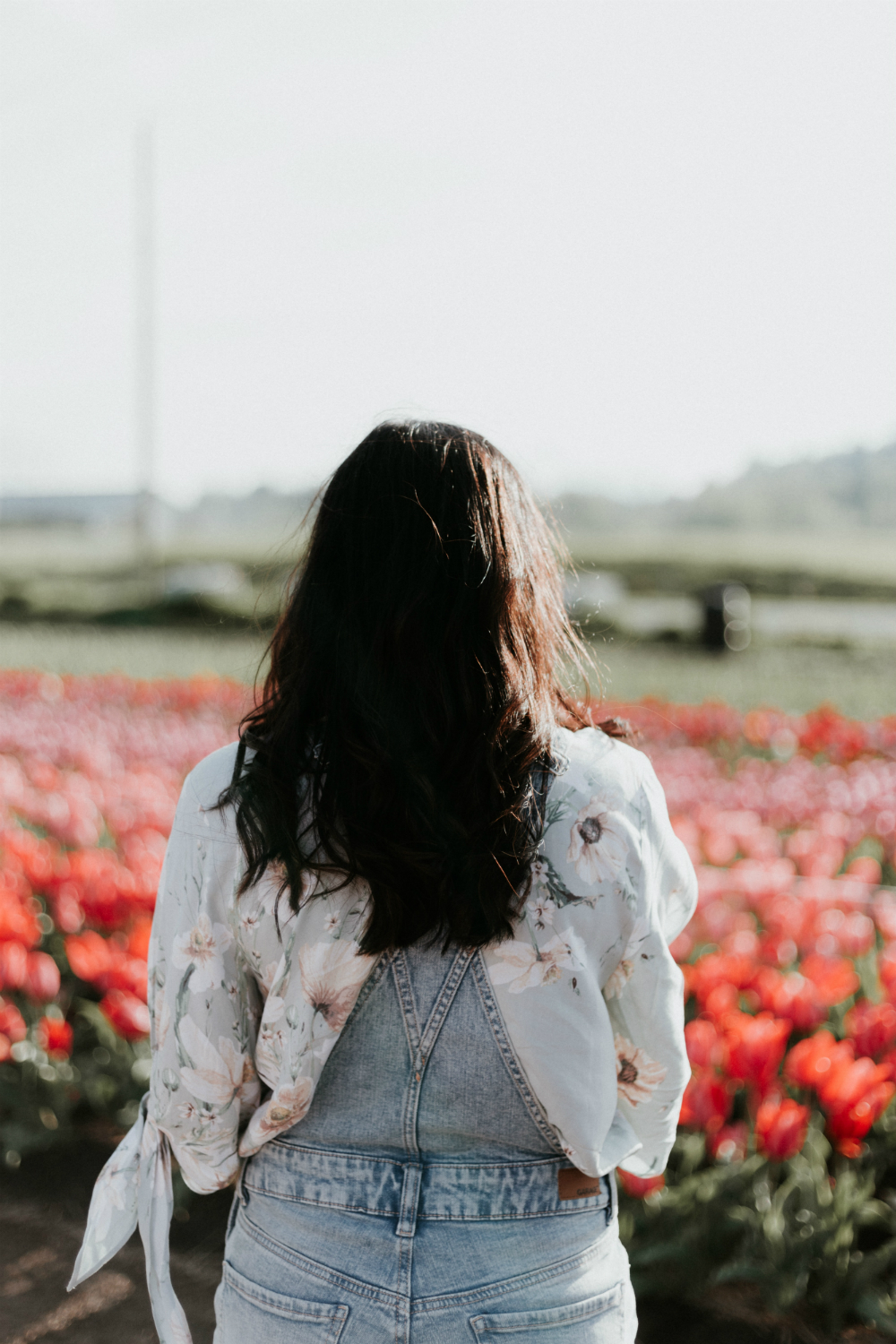
In Gail Honeyman’s novel, Eleanor Oliphant is Completely Fine, the protagonist describes loneliness as the new cancer, 'a shameful, embarrassing thing, brought upon yourself in some obscure way. A fearful, incurable thing, so horrifying that you dare not mention it.' I felt similar. Having pangs of extreme loneliness felt like an embarrassing secret which revealed the failure I really was. Plus, it’s not exactly sexy chat on a Tinder date to admit that you’re there because you couldn’t bear another evening at home alone.
But it’s important to note that loneliness is not the same as being alone, which is why we can sometimes feel so content all by ourselves (accompanied only by a sheet mask and a great boxset) and also feel totally alone in a party full of people. Feeling lonely can have a negative effect on our mental health and feed into anxiety and depression. In an age dominated by social media, face to face contact with people who can provide meaningful and supportive relationships has never been more important.
The gap between the lives we think we should be living - the ones we present on social media, and what’s really going on can also make us feel disconnected and alone. It's not surprising that research links increased social media use to more feelings of social isolation. If you were to look at my Instagram during my loneliest period, you would’ve seen a sea of sunny, smiley photos of me. The reality was that I hadn’t spoken to anyone other than a Deliveroo driver in days.
When I confided in them, most of my friends were shocked that I had felt so alone, and admitted that they were feeling lonely, too. A quick search on Instagram reveals 7.4 million posts with #lonely. Just opening up the conversation around loneliness can reduce the stigma, and instantly make us feel, well, less alone."
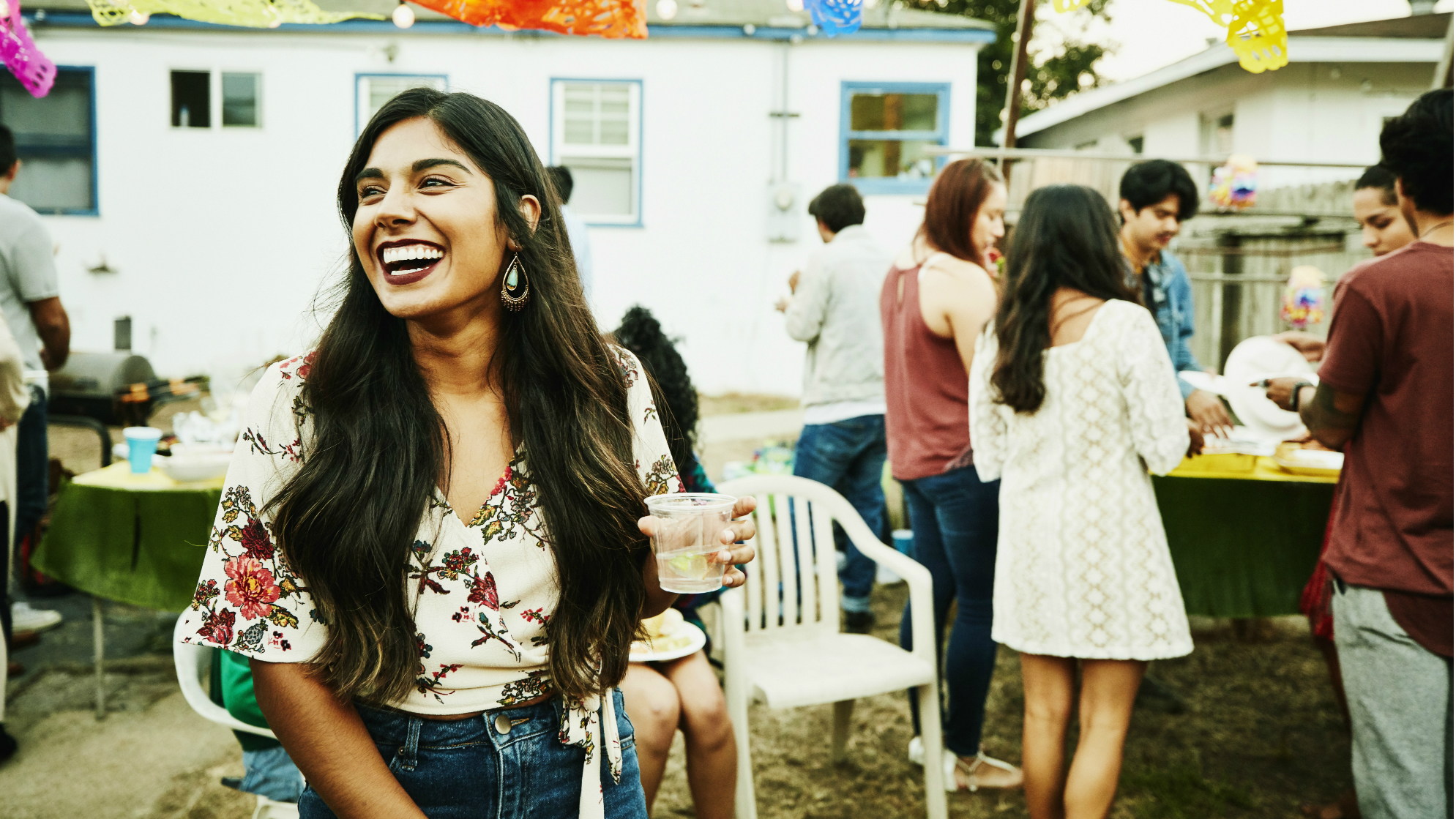
Dealing with loneliness: 3 expert ways to feel less lonely
1. Connect
'When you’re lonely, your body language gives people unconscious signals not to connect, even though you want to,' says psychologist Michelle Lim. 'When we feel socially anxious, it’s easy to look down at our phones. But instead, practice talking to strangers, offer more eye contact, open your shoulders and smile.
Lim's top tip: Sign up for a new hobby, do volunteer work, or make plans to see friends.
2. Book things in
'Make a nice drink and arrange to meet friends on Zoom or other video-call apps,' the psychologist recommends. Although it feels strange at first, seeing a friendly face is much better than sharing WhatsApp memes.
3. Have a schedule
‘When you're spending long periods at home alone, it really helps the mind to have some routine,' says psychotherapist Hilda Burke.
Burke's top tip: Schedule in online home workouts, a walk in the park, or some time to cook a nice recipe.
The leading destination for fashion, beauty, shopping and finger-on-the-pulse views on the latest issues. Marie Claire's travel content helps you delight in discovering new destinations around the globe, offering a unique – and sometimes unchartered – travel experience. From new hotel openings to the destinations tipped to take over our travel calendars, this iconic name has it covered.
-
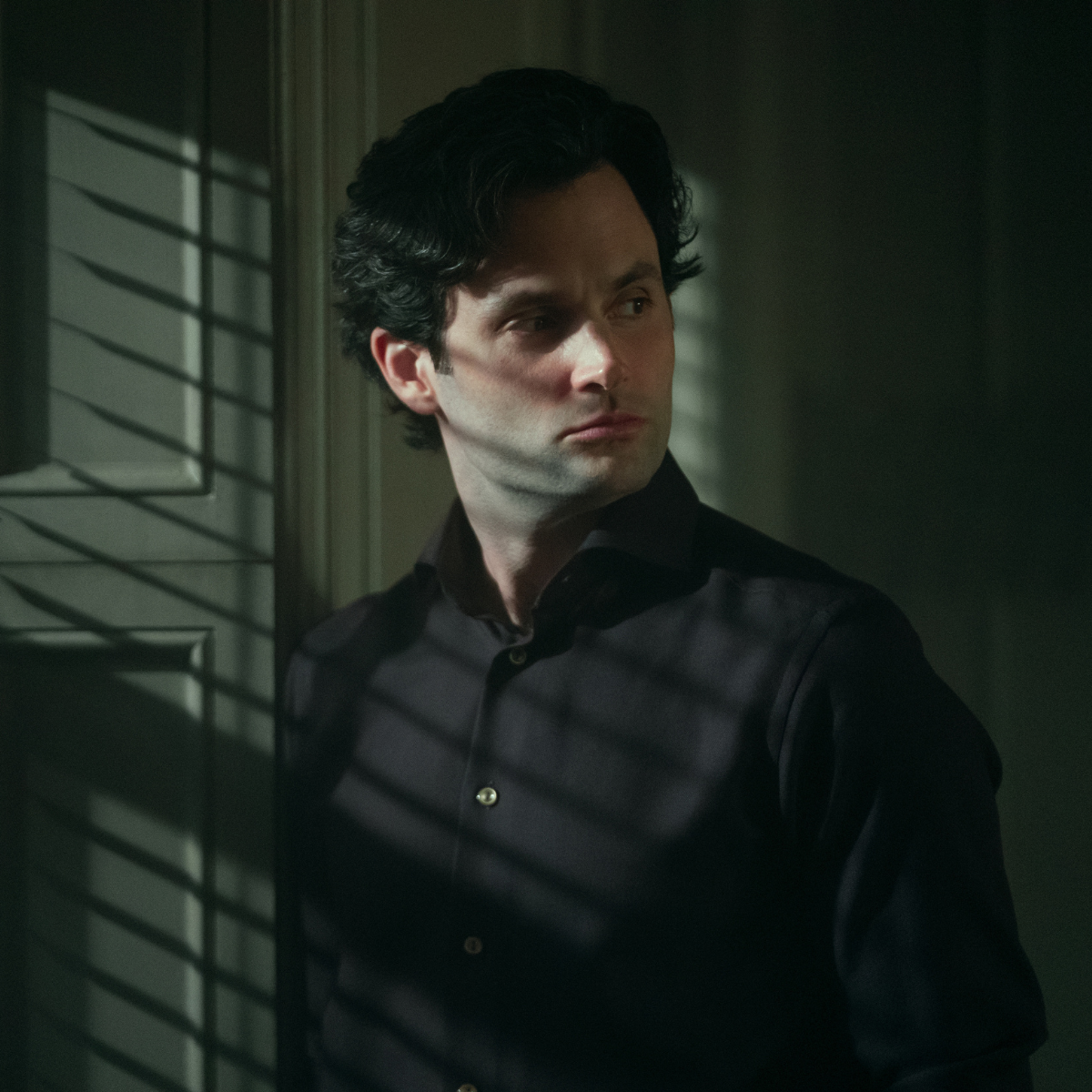 There's a divisive new character in You season 5 - and fans will either 'love her or hate her'
There's a divisive new character in You season 5 - and fans will either 'love her or hate her'Prepare yourself.
By Jadie Troy-Pryde
-
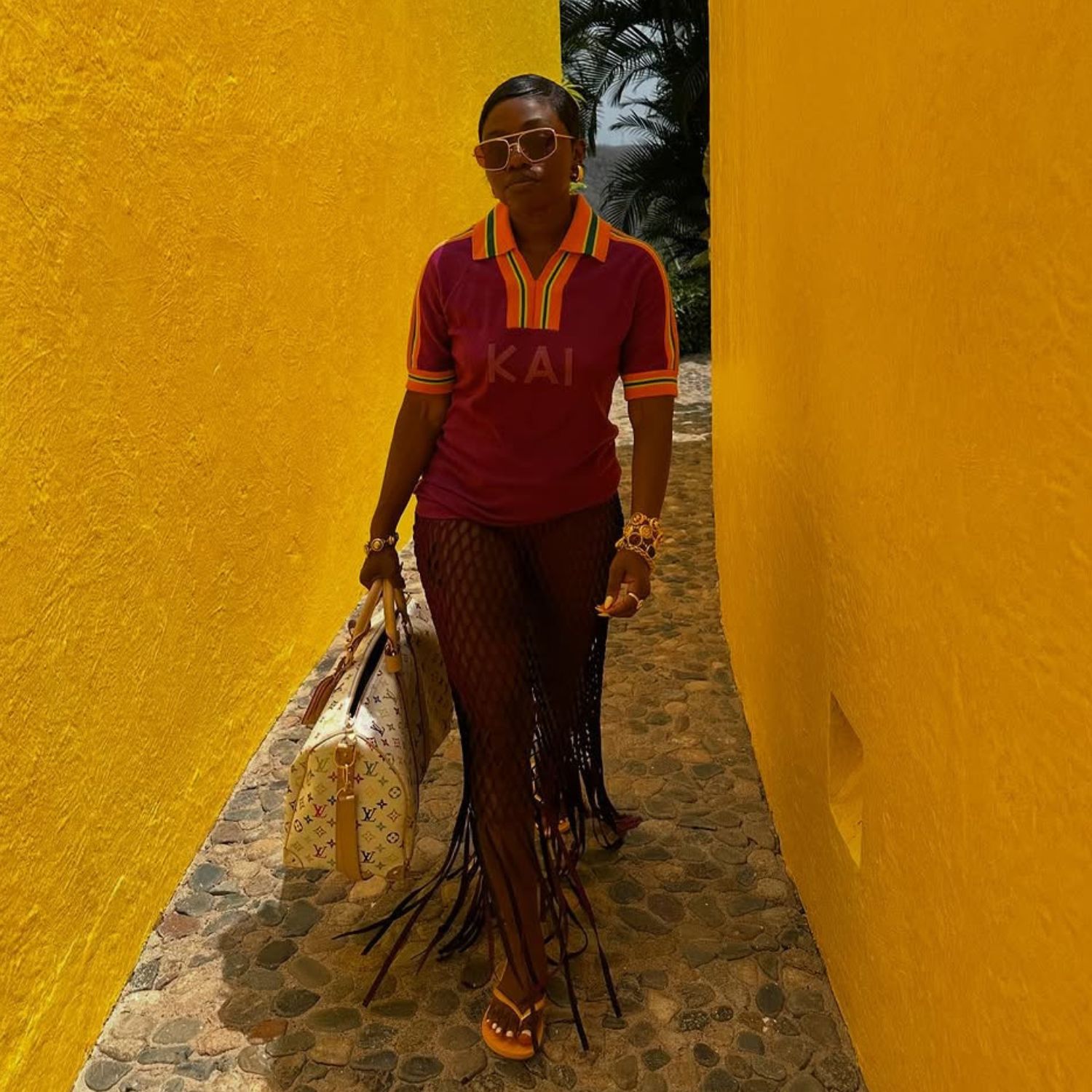 5 stylish holiday outfits that you can recreate using pieces you already own
5 stylish holiday outfits that you can recreate using pieces you already ownInspired by our favourite tastemakers
By Jazzria Harris
-
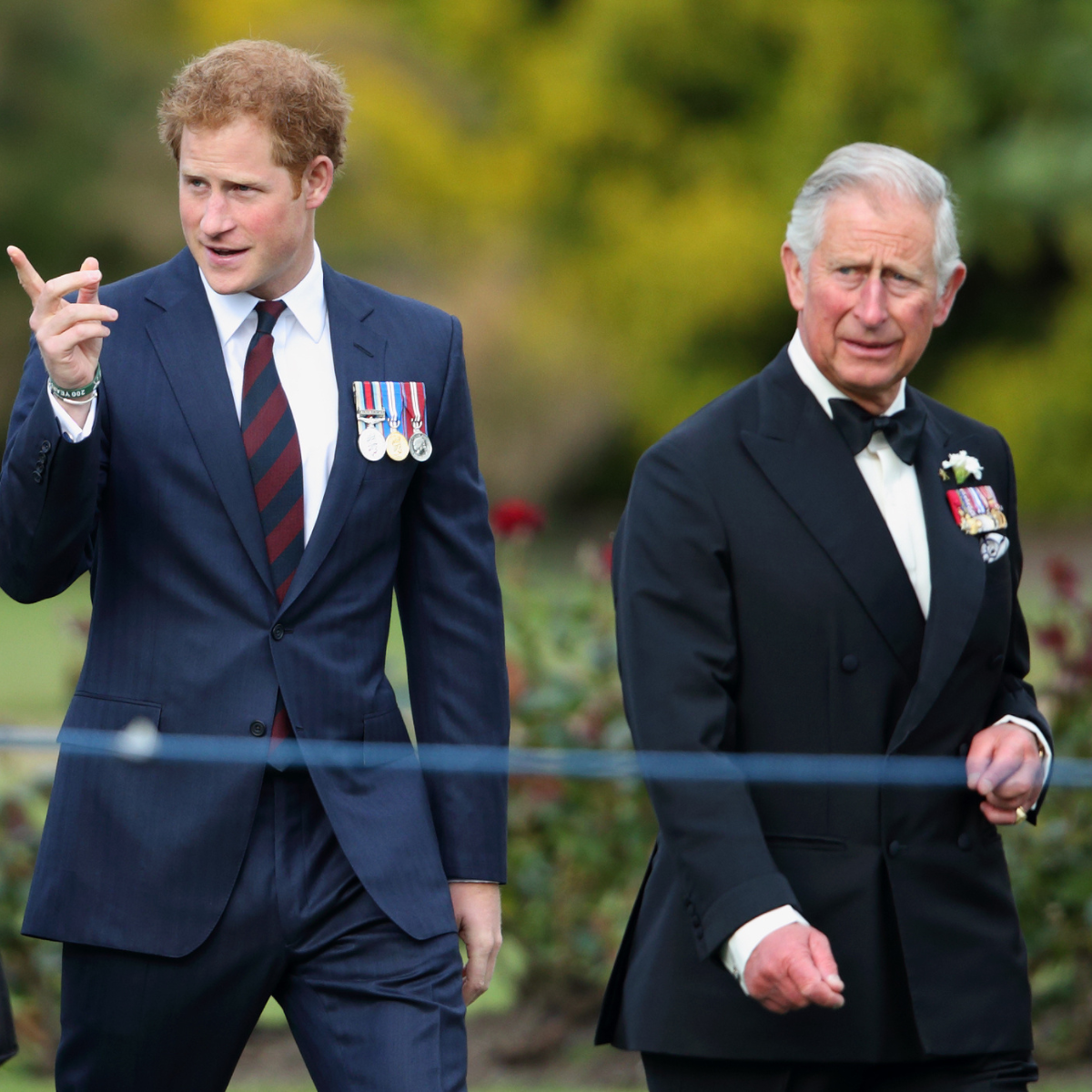 Why King Charles refuses to 'intervene' in Harry's legal dispute over UK security
Why King Charles refuses to 'intervene' in Harry's legal dispute over UK securityThe monarch deems it 'wholly inappropriate'
By Jadie Troy-Pryde